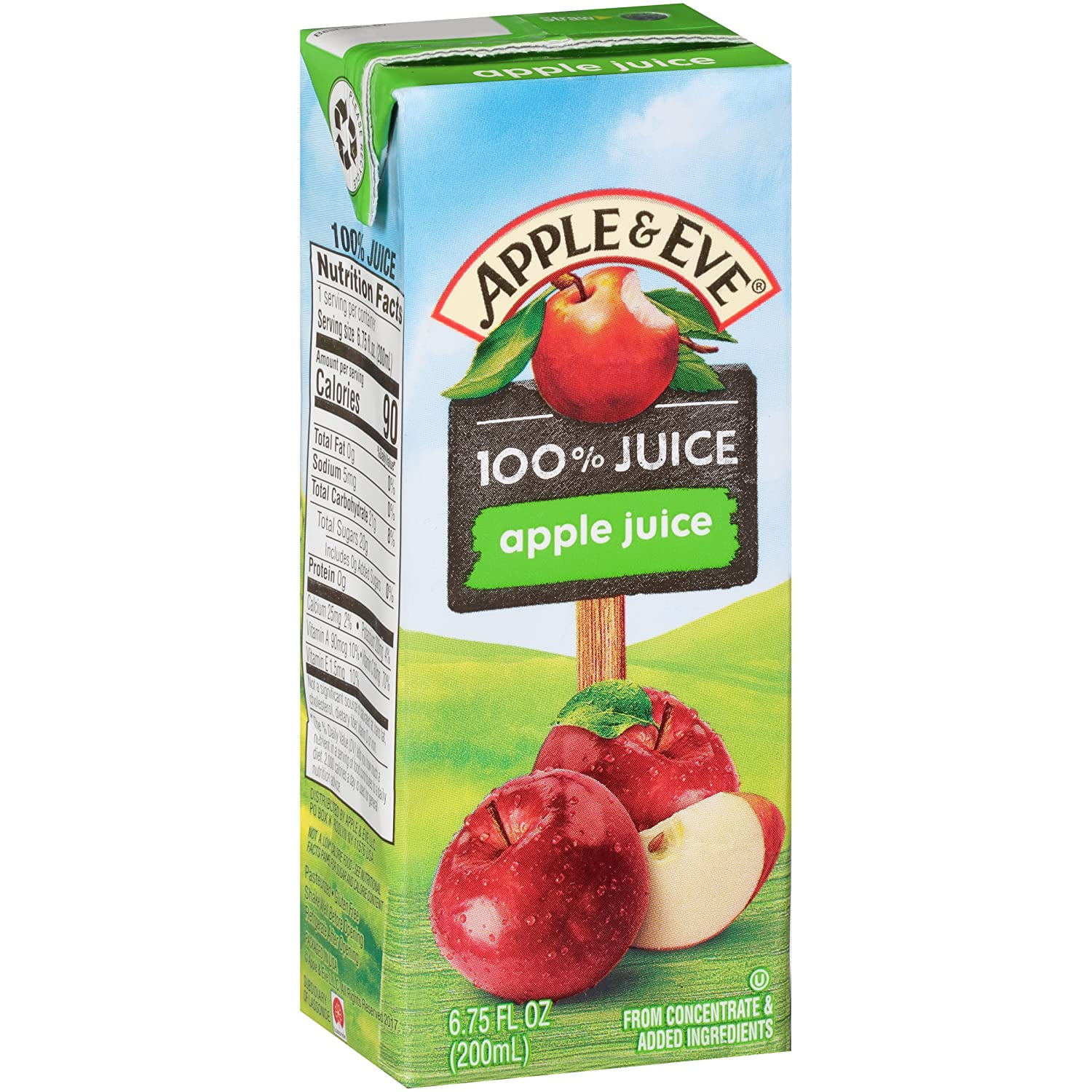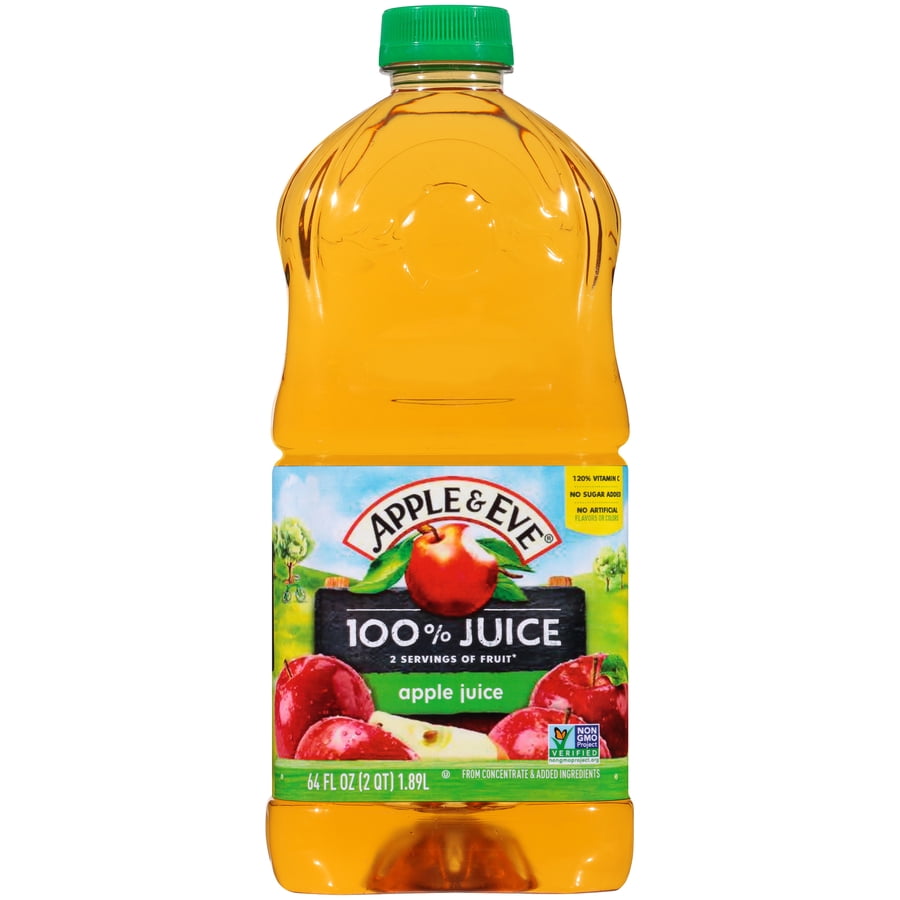There’s something about the phrase “Apple of Eve” that immediately catches your attention, isn’t there? It’s like a riddle wrapped in an enigma, with a side of forbidden fruit. But what exactly is this “Apple of Eve”? Is it a historical artifact, a religious symbol, or maybe just a clever marketing term for some juicy produce? Well, buckle up, because we’re about to dive deep into the world of apples, mythology, and everything in between. Whether you’re a foodie, a history buff, or just someone who loves a good story, this article’s got something for you.
You might think the “Apple of Eve” is just a biblical reference, but it’s so much more than that. It’s a term that has evolved over centuries, carrying with it layers of meaning, symbolism, and even a bit of controversy. From ancient myths to modern interpretations, the “Apple of Eve” has played a significant role in shaping cultural narratives. So, if you’re curious about how this simple fruit became such a powerful symbol, keep reading because we’re about to peel back the layers.
Before we get into the nitty-gritty, let’s set the stage. The “Apple of Eve” isn’t just about religion or history; it’s also about identity, choices, and the power of knowledge. Think of it as the ultimate metaphor for human curiosity. And hey, who doesn’t love a good metaphor, right? So, without further ado, let’s get started on this apple-centric journey that promises to be as sweet as it is thought-provoking.
Read also:Avalon Mira The Ultimate Guide To Your Dream Destination
What Exactly is the Apple of Eve?
Alright, let’s cut to the chase. The term “Apple of Eve” refers to the fruit that Eve supposedly ate in the Garden of Eden, as described in the Bible. But here’s the twist—there’s no specific mention of an apple in the original texts! In fact, the Bible simply refers to it as “the fruit of the tree.” So, how did the apple become the star of this story? Well, that’s where things get interesting.
Over time, artists, writers, and theologians began associating the forbidden fruit with apples, possibly due to a pun in Latin. The word for apple in Latin is “malum,” which also means evil. See what they did there? This linguistic play helped solidify the apple’s role in the narrative, turning it into a symbol of temptation and sin. But hey, don’t let that scare you off—apples are still pretty darn delicious!
The Symbolism Behind the Apple
Now that we’ve established the apple’s starring role in the Eden story, let’s talk about its symbolism. The apple represents more than just a piece of fruit; it’s a powerful metaphor for knowledge, curiosity, and the consequences of our actions. In many cultures, apples are seen as symbols of life, fertility, and even immortality. But in the context of the Bible, they also represent temptation and the fall of humanity.
- Apples as symbols of knowledge: The act of eating the fruit is often interpreted as the acquisition of knowledge, both good and bad.
- Apples as symbols of temptation: The apple is frequently depicted as the ultimate temptation, leading to humanity’s expulsion from paradise.
- Apples as symbols of life and renewal: In some mythologies, apples are associated with eternal life and healing.
So, the next time you bite into an apple, take a moment to reflect on its rich history and the stories it carries with it. It’s not just a snack—it’s a piece of history!
The Historical Roots of the Apple of Eve
Let’s rewind a bit and explore the historical roots of the “Apple of Eve.” The story of Adam and Eve is one of the most well-known narratives in human history, and the apple has become an integral part of that story. But how did this fruit become so deeply embedded in our collective consciousness?
Historians believe that the association between apples and the forbidden fruit began in medieval Europe. During this time, artists and writers began depicting the fruit as an apple, likely due to the Latin pun we mentioned earlier. This interpretation gained popularity and eventually became the standard representation of the forbidden fruit in Western culture.
Read also:Arissa Lebrock The Rising Star Whos Taking Over The Fashion World
Apples in Ancient Mythology
But the apple’s significance isn’t limited to the Bible. In ancient mythology, apples appear in various cultures, each with its own unique interpretation. For example:
- In Greek mythology, apples are associated with the goddess Hera and are seen as symbols of love and beauty.
- In Norse mythology, apples are linked to the goddess Idun, who uses them to grant eternal youth to the gods.
- In Celtic mythology, apples are often connected to the Otherworld, a mystical realm beyond our own.
These stories highlight the apple’s versatility as a symbol, capable of representing everything from love and beauty to immortality and the unknown.
Apples in Modern Culture
Fast forward to the present day, and apples continue to play a significant role in modern culture. From art and literature to advertising and technology, the apple’s influence is everywhere. Take, for example, the iconic Apple logo, which many believe is a nod to the forbidden fruit. While the company denies any intentional connection, the resemblance is undeniable.
In literature, apples often serve as symbols of temptation and forbidden knowledge. Think of Snow White and the poisoned apple or even J.K. Rowling’s use of apples in the Harry Potter series. These stories tap into the apple’s rich symbolic history, using it to add depth and meaning to their narratives.
Apples in Advertising
Advertising has also embraced the apple’s symbolic power. Brands use apples to convey messages of health, vitality, and even rebellion. For example, the phrase “An apple a day keeps the doctor away” has become a staple in health marketing campaigns. Meanwhile, brands like Apple Inc. use the fruit to convey a sense of innovation and creativity.
But why do apples resonate so strongly with consumers? It’s likely because of their universal appeal. Apples are familiar, accessible, and packed with meaning. Whether you’re buying an iPhone or grabbing a snack, apples offer a sense of familiarity and comfort that’s hard to resist.
The Science of Apples
Now, let’s talk about the science behind apples. What makes them so special, and why have they been such a staple in human diets for centuries? Apples are not only delicious but also packed with nutrients that are essential for good health. They’re rich in fiber, vitamins, and antioxidants, making them a great choice for anyone looking to improve their diet.
But that’s not all. Recent studies have shown that apples may also have protective effects against certain diseases, including heart disease and cancer. This is due to their high concentration of flavonoids and other beneficial compounds. So, the next time you’re debating between an apple and a candy bar, remember that the apple might just save your life!
Fun Facts About Apples
Here are a few fun facts about apples that you might not know:
- There are over 7,500 varieties of apples grown around the world.
- Apples are a member of the rose family, along with pears and plums.
- The average person consumes about 65 apples per year.
- Apples float because they’re 25% air.
These fun facts just go to show how fascinating apples really are. From their diverse varieties to their unique properties, apples continue to captivate and inspire us.
Apples in Culinary Arts
Of course, no discussion of apples would be complete without talking about their role in culinary arts. Apples are incredibly versatile, making them a favorite among chefs and home cooks alike. Whether you’re baking a pie, making a salad, or creating a savory dish, apples add a touch of sweetness and flavor that’s hard to beat.
One of the most popular uses for apples is in desserts. Apple pies, tarts, and cobblers are classics for a reason—they’re delicious! But apples aren’t just for sweets. They also pair beautifully with savory dishes, adding a touch of sweetness to balance out bold flavors. Think of dishes like apple and pork chops or roasted Brussels sprouts with apples.
Apple Recipes to Try
Here are a few apple recipes you might want to try:
- Classic Apple Pie: A timeless favorite that’s perfect for any occasion.
- Apple and Walnut Salad: A refreshing salad that combines sweet and savory flavors.
- Apple Cider Glazed Chicken: A savory dish that highlights the natural sweetness of apples.
These recipes are just a starting point. The possibilities with apples are endless, so don’t be afraid to get creative in the kitchen!
The Environmental Impact of Apples
As we become more aware of the environmental impact of our food choices, it’s important to consider the role of apples in sustainable agriculture. Apples are relatively easy to grow and require fewer resources than many other fruits. However, like any crop, they can have an impact on the environment if not managed properly.
One of the biggest challenges in apple production is the use of pesticides. While necessary to protect crops from pests and diseases, pesticides can have harmful effects on the environment and human health. That’s why many farmers are turning to organic and sustainable practices to reduce their impact.
How You Can Help
If you’re concerned about the environmental impact of apples, there are a few things you can do:
- Choose organic apples whenever possible.
- Support local farmers who use sustainable practices.
- Reduce food waste by using every part of the apple, including the peel and core.
By making conscious choices, we can all play a role in promoting a more sustainable food system.
The Future of Apples
As we look to the future, the role of apples in our lives is likely to evolve. Advances in technology and agriculture are opening up new possibilities for apple production, from genetically modified varieties to vertical farming. These innovations have the potential to make apples even more accessible and sustainable than ever before.
But with great power comes great responsibility. As we continue to innovate, it’s important to consider the ethical and environmental implications of our choices. By striking a balance between progress and preservation, we can ensure that apples remain a staple in our diets for generations to come.
Apple Innovations to Watch
Here are a few apple innovations to keep an eye on:
- Genetically modified apples that resist browning.
- Vertical farming techniques that reduce the environmental impact of apple production.
- New apple varieties bred for improved flavor and nutrition.
These innovations promise to change the way we think about apples, making them even more exciting and relevant in the years to come.
Conclusion: The Apple of Eve and Beyond
In conclusion, the “Apple of Eve” is more than just a biblical reference—it’s a symbol of knowledge, temptation, and the power of choice. From ancient myths to modern culture, apples have played a significant role in shaping our understanding of the world. Whether you’re enjoying a fresh apple as a snack, baking a delicious pie, or pondering the deeper meaning of this humble fruit, apples continue to captivate and inspire us.
So, what’s next? We invite you to share your thoughts and experiences with apples in the comments below. Do you have a favorite apple recipe or a unique perspective on their symbolism? Let us know! And while you’re at it, why not explore some of our other articles on food, history, and culture? There’s always more to discover, and we’re here to help you on your journey.


